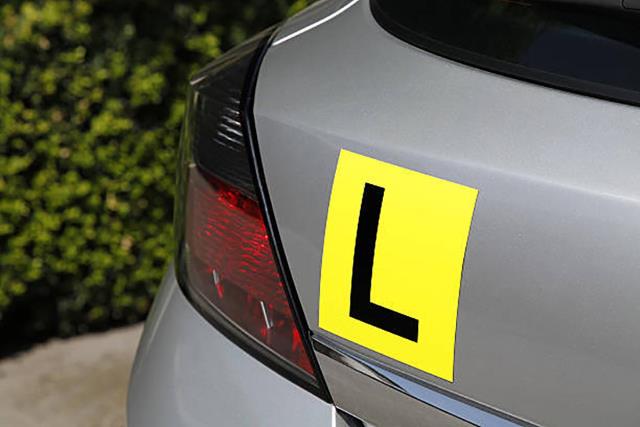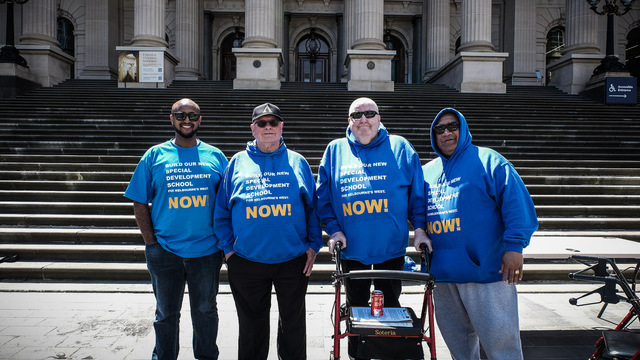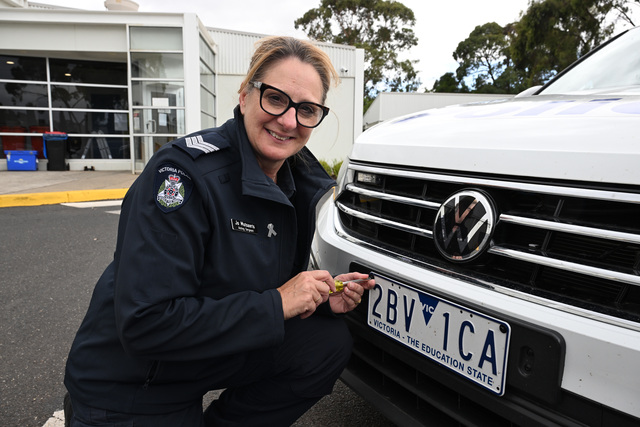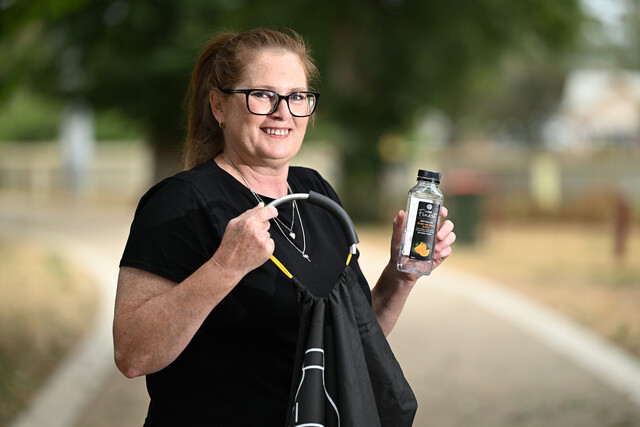Melton drivers are among the worst in the state for drug driving offences according to new police data.
The data shows 66 drug driving infringement notices were issues in Melton in 2018, the third highest number in the state behind Frankston (67) and Wodonga (88).
Nearby Melton South also recorded 24 drug driving notices, while Bacchus Marsh had 17.
However the notices only form part of the data – a further 295 Melton drivers failed drug driving tests – roughly 50 per cent of the 735 roadside drug driving tests administered in the area in 2018.
Melton also sat inside the top 10 suburbs in the state for total drink and drug driving infringement notices, with 109 notices placing it seventh in the state for 2018.
Melton Highway Patrol Sergeant Chris Stuhldreier said the 295 failed drug tests that did not receive an infringement notice were destined for the courts.
“Where there are no prior offences or convictions, they get an infringement notice, but if we’re going to impound their car or there are prior offences we are going to court,” he said.
“So the vast majority of drug driving offenders are either repeat offenders, or they have some sort of record that makes it necessary to put it before a magistrate.
“Across the state there were 100,000 drug tests given, whereas for drink driving it’s over four million, so we are a bit more targeted with our drug tests.
“The vast majority of the community would be shocked by the high detection rates.”
Methamphetamine, MDMA and cannabis were the most common drugs detected in drivers.
Sergeant Stuhldreier said the data reflected a statewide drugs issue, but hoped the message would slowly spread.
“Demographics obviously play a major part, when you’re talking urban fringes and those low socio-economic areas we tend to see a higher reading of illicit drugs,” he said.
“We know drug use is a problem across the entire community so it’s not isolated to any one particular area.
“Unfortunately we know that most of those that test positive are going to keep using drugs and drive, but if we can test your average Joe Citizen and really put the wind up them, it will hopefully act as a deterrent.
“We’re 40 years down the track with testing for alcohol and the detection numbers there continue to drop so I would imagine over time we would see something similar for drugs.”
















